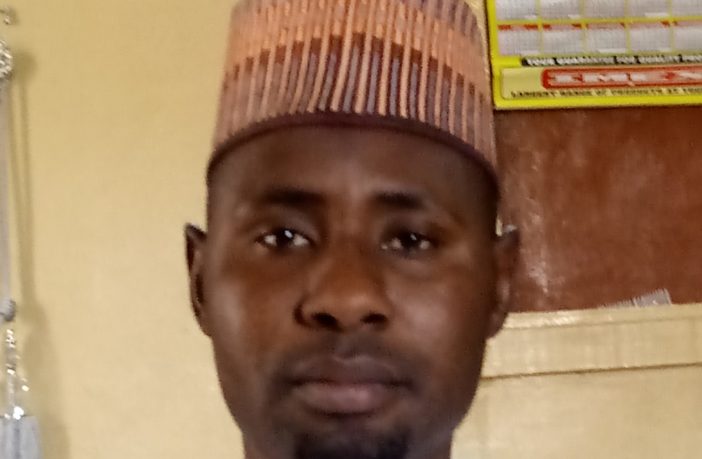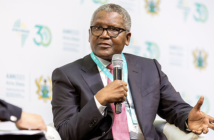The wanton disregard for democratic norms by our decadent and retrogressive ruling elites is increasingly becoming acute.
We are inextricably entangled in a quagmire of building democracy with anti-democratic political class.
It is obvious, at least to every discerning mind that our politicians are not willing to allow democratic principles to thrive.
For instance, in matters of election – which is one of the cardinal elements of democracy – we are embroiled in snakes and ladders: a step forward and another or two backward.
The progress made in reforming our electoral processes in 2015 has been brazenly reversed by our political class. Voter suppression, ballot snatching and stuffing, vote-buying, violence, militarization of polls, among other forms of irregularities and malpractices, have become the defining features of our elections.
The recent “elections” in Kano, Kogi and Bayelsa States were characterized by these terrible incidents.
Waste of resources
When I think of the enormous resources we invest to conduct “elections” and the sacrifice we make for that purpose I become worried.
For instance, according to the Daily Trust’s investigation, what INEC spent on 2019 general elections was more than what India spent to conduct its elections in 2014, “where 553.8 million people voted.”
We have spent hundreds of billions (in naira) to conduct elections since the return to civil rule.
Worse still, the billions, if not trillions, spent on campaigns, vote-buying, consultation fee to marabouts, ritualists, sorcerers and thugs are mostly stolen from the public treasury, since the contestants are either serving looters, ex-looters (with intention to resume their looting spree) or they are being sponsored by these looters.
Dividends of democracy denied
We have had six general elections since 1999, and during every campaign, our politicians make promises to address the same problems they promised to address in the preceding campaign.
Yet, these problems/challenges (poverty, unemployment, inequality, insecurity, corruption, poor access to healthcare services, falling standard of education, among others) have only worsened!
It’s also disturbing that during every election, lives and property are lost as a result of electoral violence, and businesses and schools are shut down for at least two to three days.
More worrisomely, with all the massive investment and sacrifices (of lives, property and school and business activities) made during elections, most Nigerians do not participate either because they have lost faith in our political elites or their franchise is being suppressed through violence or militarization of the polling centers. With this low participation, the legitimacy of the “elected” governments is, in my opinion, questionable, since democracy is supposedly a “government of the people, by the people and for the people.”
Otherwise, we have to revisit the definition of democracy.
Considering the points made above, one may be tempted to doubt whether the benefits we have gained from the six general elections held since1999 surpassed the cost incurred in conducting them. More fundamentally, we need to reflect on whether we can really get things right through this quadrennial ritual.
My worry is that “elections” in Nigeria always produce the same set of characters under the same or different (though the difference is just in nomenclature) platforms.
It’s quite unfortunate that our leadership recruitment processes have been monetized and bastardized, such that decent and principled people find leadership positions well-nigh inaccessible. Worse still, Nigerians lack the culture of civic engagement that is needed to check the excesses of our ruling elites.
We naively assume that by alternating between the ruling classes parties, we will one day have a crop of leaders who, out of sheer altruism, could get us out of our woes.
Or, maybe, we interminably await providential intervention to salvage us from the yoke of our misrulers.
We have to act
We are yet to recognize that as long as we cannot keep our leaders on their toes through organized resistance, we will never gain the dividends of democracy.
In other words, if we continue to remain acquiescent or consenting spectators, things will keep worsening before our eyes.
It is, therefore, necessary to begin serious conversations on how to initiate popular struggles in order to make our country better. Redeeming Nigeria from the unscrupulous political elites is difficult, but not impossible.
Therefore, the difficulty of this task shouldn’t deter us from the struggles for a political alternative.
The great African revolutionary and Marxist ideologue, Amilcar Cabral, aptly admonishes: “mask no difficulties, mistakes, failures. Claim no easy victories.”
Aminu Ali wrote from the Department of Sociology, Bayero University, Kano. He can be reached via email: aminuali@yahoo.com.




